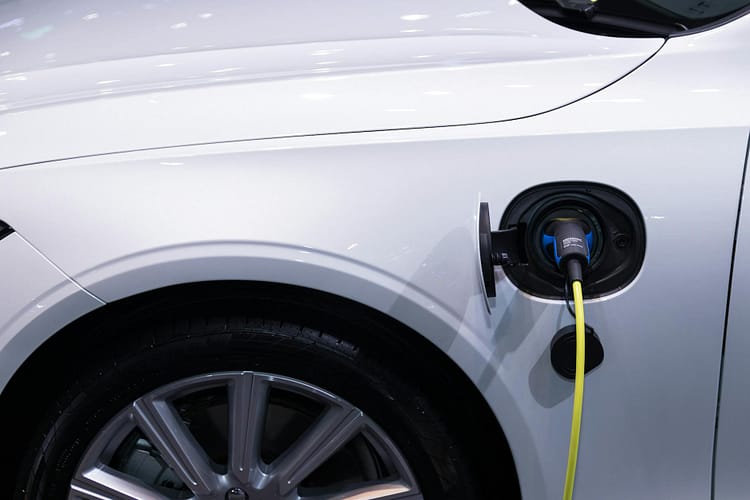This is a contributed post.
In the world of automobiles, the term “petrol head” has long been associated with individuals who have a deep passion for fast, sporty cars and the distinctive roar of a powerful engine. These enthusiasts, often depicted as thrill-seekers, revel in the performance and aesthetic appeal of their vehicles. However, as we move into 2024, a new breed of car lovers is emerging – the petrol head 2.0.
Fast and sporty but electric
The modern petrol head still has a love for fast, sporty cars, but their focus has shifted from traditional internal combustion engines to electric vehicles (EVs). This shift is driven by a combination of technological advancements and a growing awareness of environmental issues. Electric cars are now capable of delivering remarkable speed and performance, often outpacing their petrol-powered predecessors. The instant torque provided by electric motors ensures rapid acceleration, making EVs a favourite among speed enthusiasts.
Moreover, electric vehicles offer significant environmental benefits over petrol cars. They produce zero tailpipe emissions, reducing air pollution and greenhouse gas emissions. This is a crucial advantage as the world strives to combat climate change.
For instance, the iconic Ford Mustang, a symbol of power and performance for traditional petrol heads, has been reimagined for the modern era as the Ford Mustang Mach E. This electric model combines the Mustang’s classic appeal with the benefits of electric propulsion, making it a perfect example of how the petrol head 2.0 can enjoy high performance while being environmentally conscious.
Craving a quiet engine
Another key characteristic of the modern petrol head is their preference for a quiet engine. While the roar of a powerful engine was once a symbol of status and excitement, today’s car enthusiasts understand the importance of reducing noise pollution, especially in busy urban areas. The constant hum of traffic can contribute to stress and health issues among city dwellers, making quieter vehicles a welcome change.
Electric vehicles are inherently quieter than their petrol counterparts, as they lack the complex machinery that produces noise in internal combustion engines.
Meeting smart needs
In addition to speed and quiet engines, today’s car owners have a growing demand for smart technology. Infotainment features, such as touchscreen displays, advanced navigation systems, and smartphone connectivity, are becoming increasingly popular. These features not only provide entertainment and convenience but also enhance safety by allowing drivers to stay connected without taking their eyes off the road.
Modern car owners view these smart features as essential components of their driving experience. They offer a stark contrast to the vehicles of the 1970s and 1980s, which lacked such technology. Back then, petrol heads were content with basic radios and manual controls, as the concept of a connected car was still a distant dream. Today, however, the integration of smart technology has become a standard expectation, reflecting the evolving needs and preferences of car enthusiasts.
The evolution of car ownership from the traditional petrol head to the modern electric enthusiast reflects broader changes in technology, environmental awareness, and lifestyle preferences. As we look to the future, it’s intriguing to consider how these trends will continue to shape the automotive world.
What will it mean to be a petrolhead in 100 years? Will electric vehicles still reign supreme, or will new technologies emerge to redefine our relationship with cars? One thing is certain: the passion for speed, performance, and innovation will continue to drive the evolution of car ownership for generations to come.

